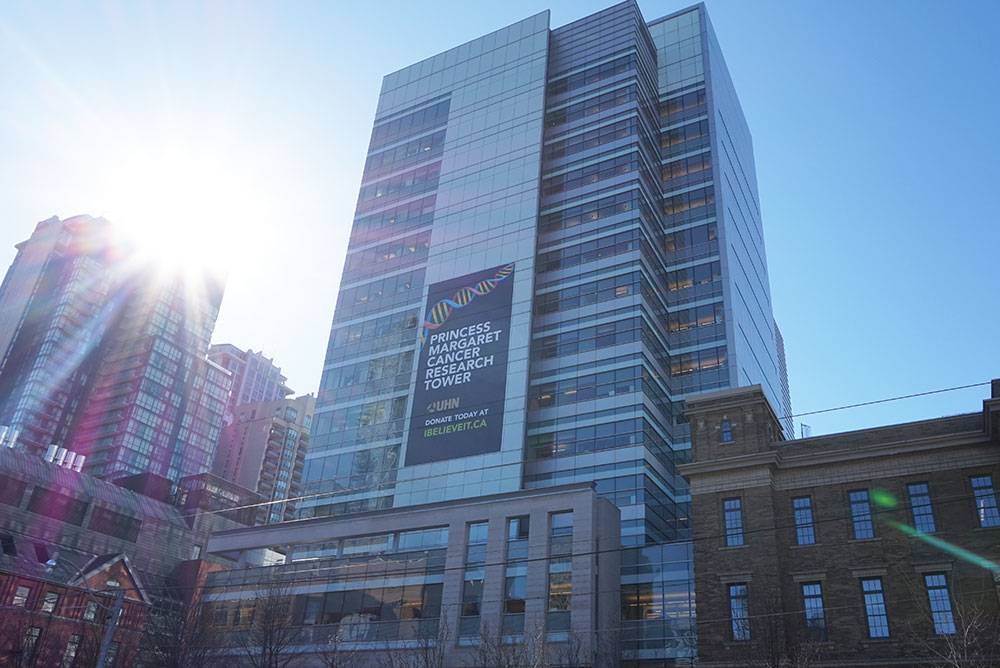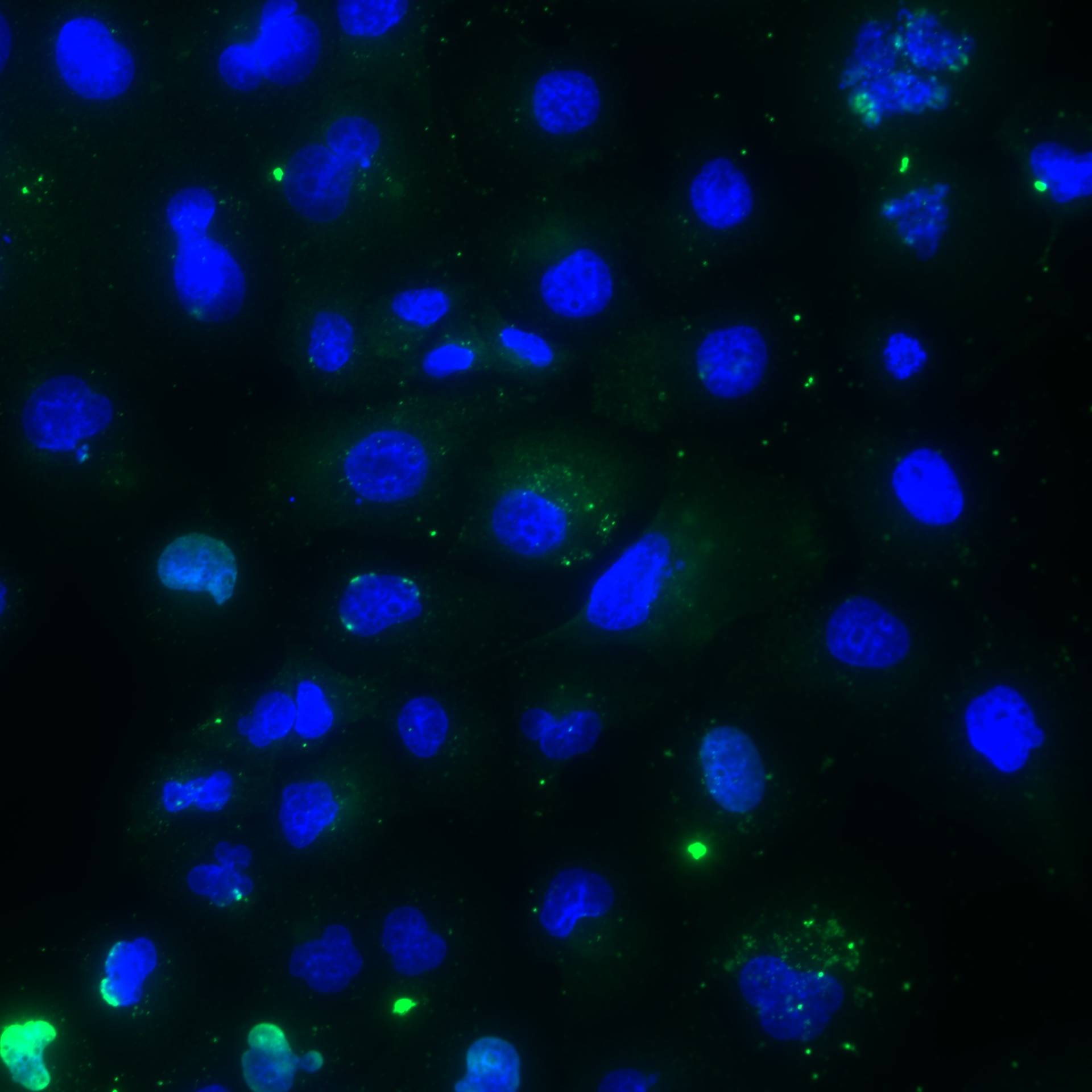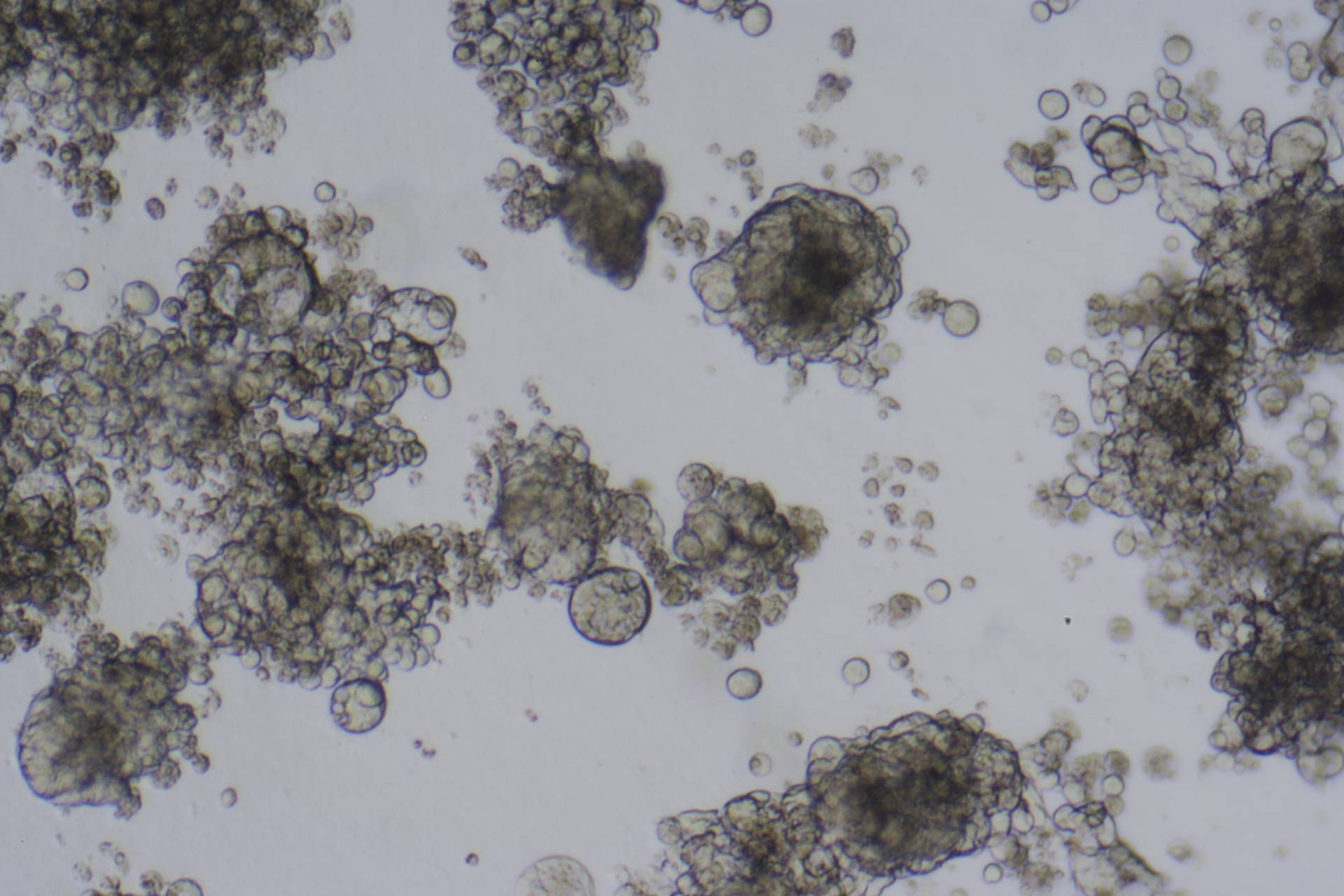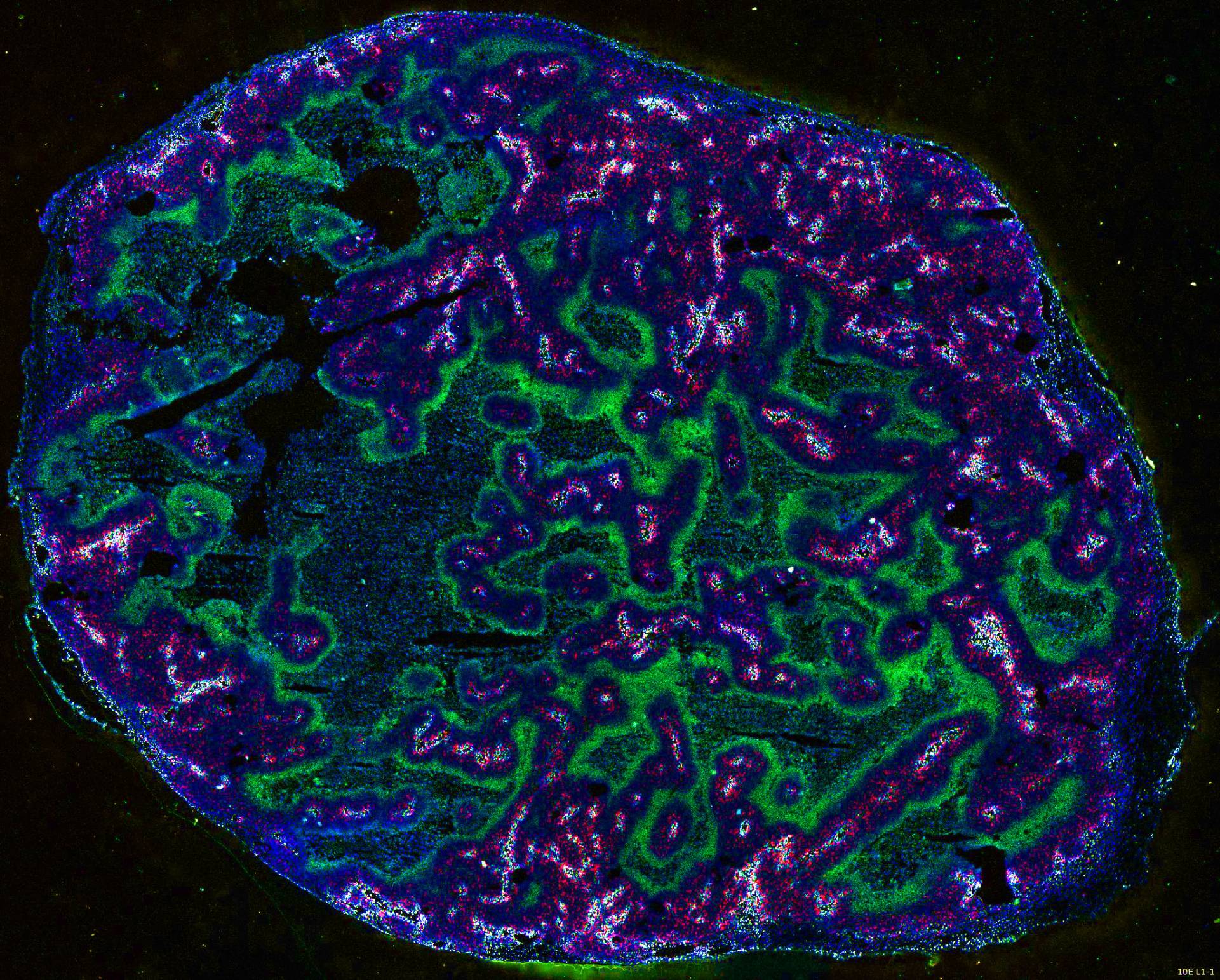Research Overview
The microenvironment of human tumors is unlike that of any normal tissue, characterized by extreme heterogeneities in nutrient supply, pH, and oxygenation. These features develop as a consequence of alterations in the metabolic and proliferative status of tumor cells together with a highly irregular vascular supply. Our groups are investigating the tumor microenvironment with a primary interest in understanding the cellular and molecular responses to deficiencies in oxygenation (hypoxia) and redox perturbations, and their influence on the biological behavior of tumors and treatment resistance.
Koritzinsky Lab
Unique changes in the redox homeostasis of cancer cells represents a double-edged sword. On one hand, the genetic and metabolic alterations in cancer cells leads to high production of reactive oxygen species (ROS) and oxidative stress that confers exploitable vulnerabilities. On the other hand, loss of redox homeostasis in the form of hypoxia (low oxygenation) drives both cancer progression and treatment resistance. The aim of this research program is to increase our understanding of molecular and cellular responses to hypoxia, altered metabolism and redox homeostasis in the tumor microenvironment, with the ultimate goal of targeting these responses to improve patient outcomes.
Ongoing Projects
- The molecular basis for protein secretion in hypoxia. Many adverse effects of tumor hypoxia, such as increased migration, invasion, angiogenesis and immune suppression, are mediated by secreted proteins. Most secreted proteins contain disulfide bonds, but it is unknown how these can form in the absence of oxygen (Koritzinsky et al, 2013; Levitin et al, 2021). We aim to identify pathways for disulfide bond formation and secretion in hypoxia, with the ultimate goal to target these pathways to prevent aggressive tumor phenotypes.
- The role of redox homeostasis in innate immunity. We have discovered a dependency for pancreatic cancer cells on the anti-oxidant protein peroxiredoxin 4 (PRDX4) (Jain et al, 2021). We are now investigating how loss of redox homeostasis in cancer cells can lead to innate immunity signaling, and whether this can be leveraged for therapeutic purposes. We also aim to develop small molecule inhibitors targeting PRDX4 activity.
- Metabolic deregulation in cancer. Recent work from our lab has identified 2-aminoethanethiol dioxygenase (ADO) expression as a vulnerability for liver cancer cells (Lee et al, 2024). Loss of ADO leads to deregulation of metabolism and gene expression, and severe oxidative stress. We now aim to decipher how ADO regulates gene expression, with a focus on regulation of mRNA translation and hypoxia adaptation.
Wouters Lab
Both laboratory and clinical evidence strongly associate hypoxia with tumor development, tumor growth, metastasis and poor response to therapy. Our group has identified two important pathways that independently influence gene expression and processes of importance for hypoxic tumor cell behavior. The first of these occurs through regulation of an important integrator of metabolic signals, the mammalian target of rapamycin (mTOR) kinase and its downstream effectors that orchestrate the initiation of protein synthesis, autophagy and apoptosis sensitivity. The second is through activation of the unfolded protein response (UPR), a program of transcriptional and translational changes that occurs as a consequence of endoplasmic reticulum (ER) stress. The UPR controls multiple downstream processes including protein production, maturation and degradation, cell metabolism and cell death. Using genetic and biochemical approaches, our lab has demonstrated the importance of these pathways in regulating gene expression, hypoxia tolerance, tumor growth and response to treatment. Our group also has interests in DNA repair, ubiquitin signaling, and is involved in translational research incorporating molecular-targeted agents. We try to work closely with clinical colleagues to establish high content clinical trials in radiation oncology and to translate our basic research findings into the clinic.
Ongoing Projects
- Defining the molecular basis of oxygen sensing in the pathways that regulate mTOR and UPR signaling during hypoxia. We are currently studying the contribution of oxygen to protein folding and maturation in the endoplasmic reticulum.
- Determining changes in gene expression downstream of hypoxic signaling pathways. These studies utilize high-throughput genomic methods to characterize changes in transcription, translation and protein production. Our group believes that hypoxia-regulated proteins will be useful for both diagnostic and therapeutic purpose.
- Understanding how hypoxic response pathways influence the biology of tumor cells in ways that affect patient prognosis. The signaling pathways regulated by oxygen control multiple cellular processes that are important for tumor cell growth, response to stress, and survival. These include regulation of metastasis, DNA repair, autophagy, and metabolism.
- Assessing the potential of targeting hypoxic responses for improved treatment of cancer. This work involves the creation of tumor models that allow genetic manipulation of various components of hypoxic response pathways in established tumors in mice. The importance of different hypoxic response pathways is evaluated by monitoring changes in tumor metabolism, the tumor microenvironment, tumor growth, and response to treatment.
- Discovery of vulnerabilities in cancer that are manifested only within the unique microenvironment of tumors. Our group believes that cancer-associated genetic alterations influence tumor hypoxia and metabolism in ways that can be exploited for therapy and we are using high-throughput genomic tools such as RNA interference screens to identify novel molecular targets.




